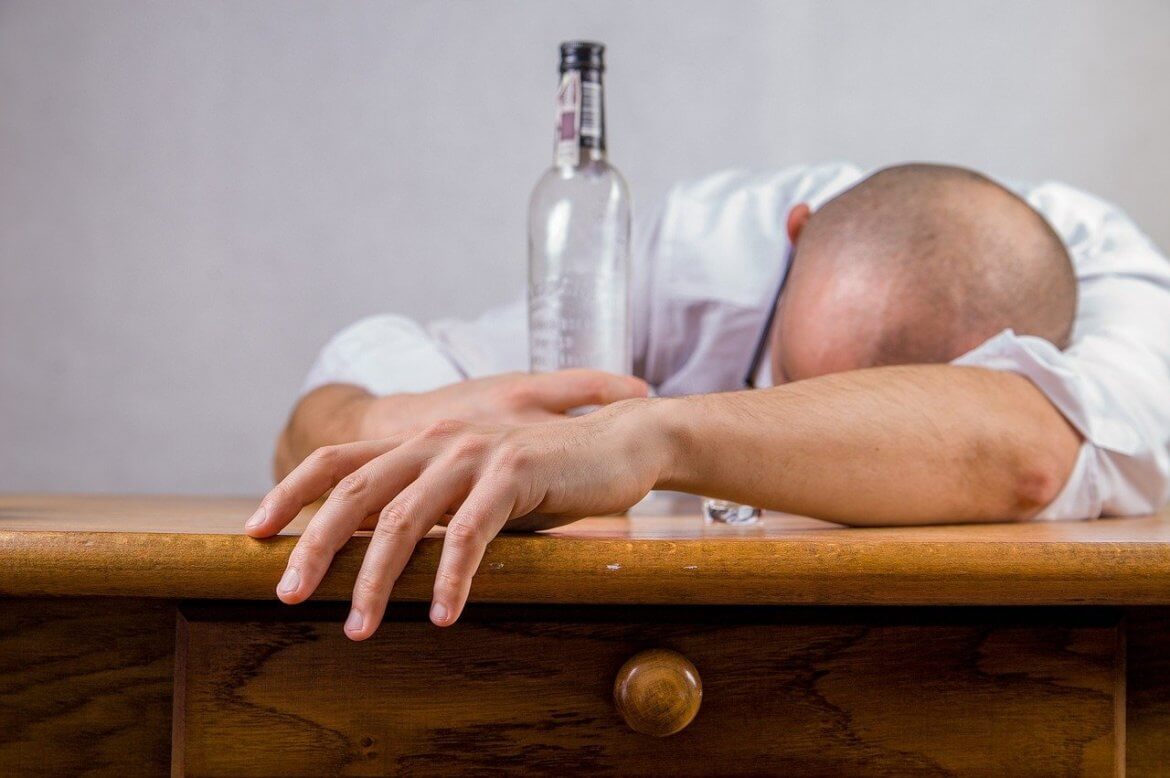A few years ago, a controversy arose during the holiday season about whether “Baby, It’s Cold Outside,” a 1940s song, should be banned from the airwaves. It’s a Christmas standard about a man attempting to convince a woman to spend the evening with him inside because of the weather. To some it suggested the social acceptability of men overriding women’s boundaries of safety and security.
In December 2021, there’s a much greater threat to women: the potential for the Supreme Court of Canada to make available the “extreme intoxication” defence. The availability of this defence would make realizing women’s right to equality and equal right to personal security even more remote.
Three cases are challenging section 33.1 of the Criminal Code, which addresses the “fault” element for crimes of violence. The section says that if a person voluntarily consumes alcohol or other intoxicants to the extent that they lose conscious control of their actions and commit a crime of violence, they are accountable because they have failed “markedly” to meet reasonable community standards.
The Supreme Court will take some time to consider the matter.
The men appealing to the Supreme Court were convicted of stabbing (Chan and Sullivan) or beating (Brown) their victims, leaving three of them with severe injuries and one dead. Chan had consumed handfuls of magic mushrooms, four times more than he ever had, before stabbing his father and stepmother. Sullivan had previously abused the antidepression drug Wellbutrin to get high, and the evening he stabbed his mother, he took an overdose. Brown severely beat a neighbour with a broom handle, after becoming high from downing magic mushrooms and many alcoholic drinks.
At trial, the defence wanted to argue that they could not be convicted because they were in a state of “automatism” from their consumption of drugs and alcohol and did not intend to hurt anyone. But section 33.1 prevented their extreme intoxication defence.
During the Supreme Court’s hearings on s 33.1, some judges expressed concern about men — and they are almost always men — being convicted of violent crimes while extremely intoxicated. They referenced the principle under section 7 of the Charter that those who are “morally innocent” — because they acted unconsciously — should not be convicted of a crime. Little was said about the place of women’s rights to liberty, personal security, and equality, which suffer when intoxicated men commit violence against them with impunity.
But one safeguard in our Charter ought to cause the learned justices to think twice: Canada’s “equal rights” guarantee, section 28 of the Charter, means that women have equal rights to fairness and justice, and that men’s claims to “moral innocence” after becoming so intoxicated they lose control, must be read in light of women’s rights, including the right to be safe wherever we are, in public and private spaces.
Many criminal defence lawyers and organizations claim that women need not need worry because the defence would be rare.
But in our recently published article, we found many attempts to raise this deeply gendered defence since s 33.1 was enacted. At least half of the 62 “extreme intoxication” cases we reviewed involve sexual assault or intimate partner violence, crimes that occur because of women’s inequality and serve to reinforce their inequality.
Add to this, the cases where women are victims as neighbours, mothers, friends and women just out in the world, and we see that women are the vast majority of victims in these cases. While there have been few successful extreme intoxication defences due to s 33.1, we fear many acquittals if s 33.1 is struck down.
It may take several months for the Supreme Court to rule on whether to unleash the “extreme intoxication” defence. But when it decides, it must put women’s equal rights at the forefront of its decision.
Photo courtesy of Pixabay





